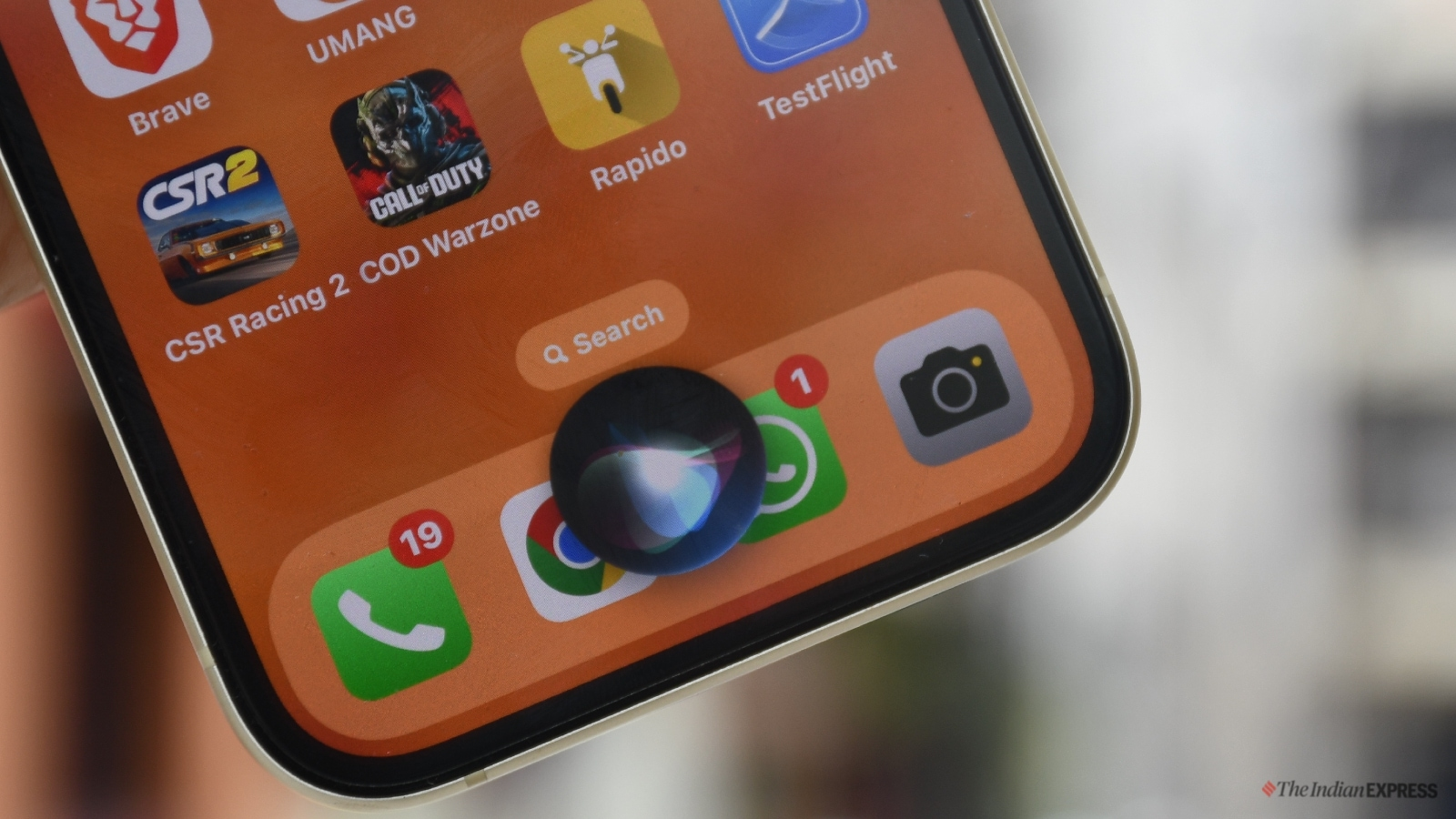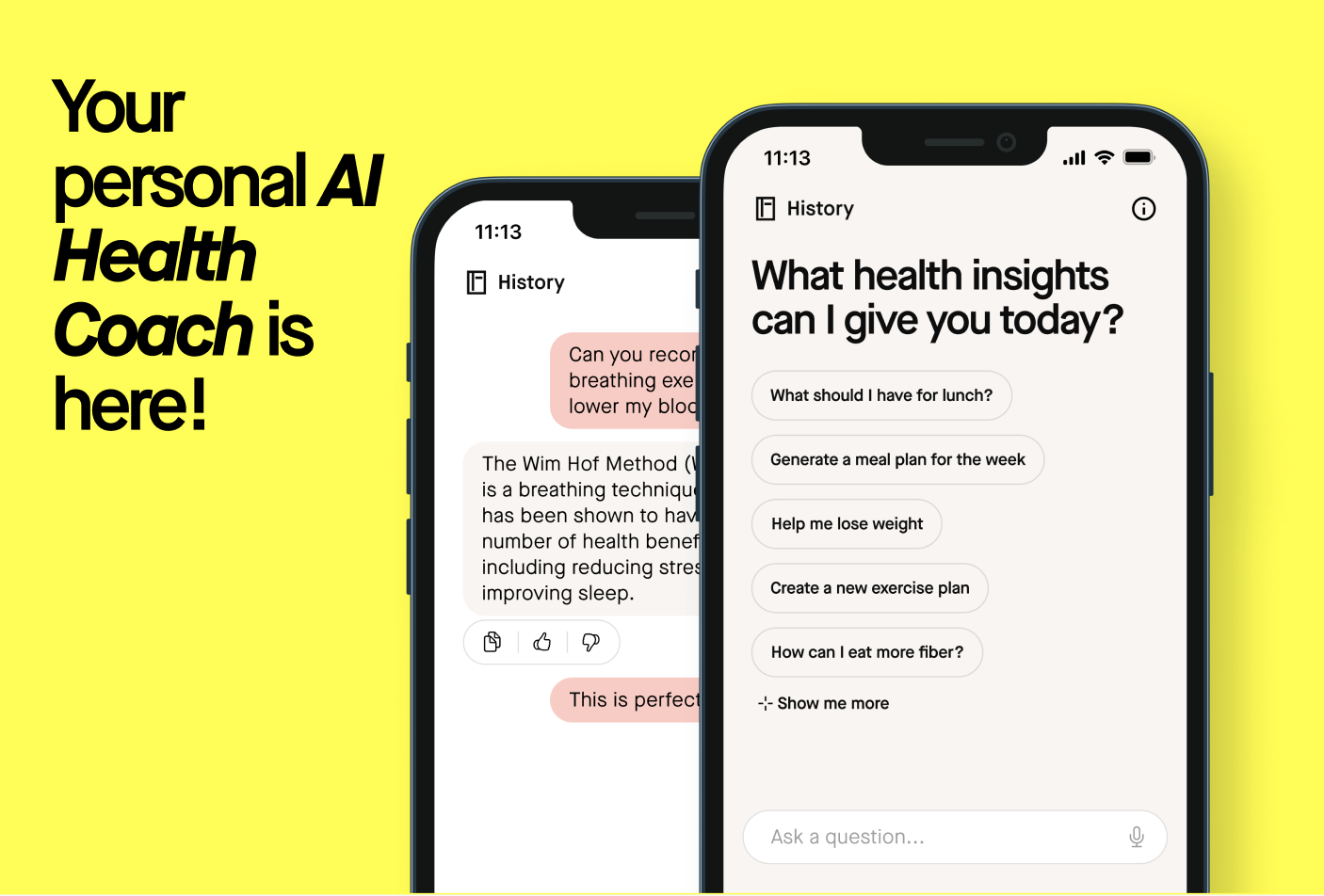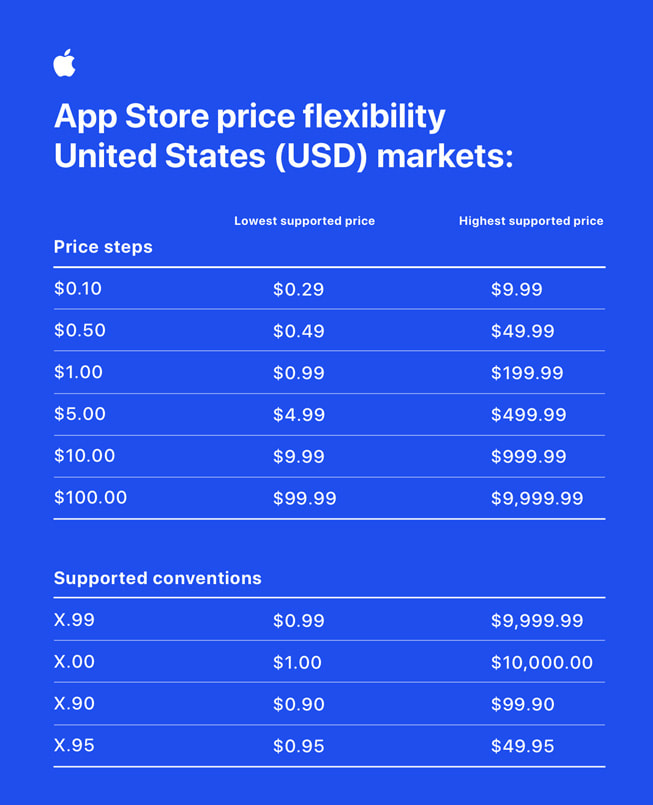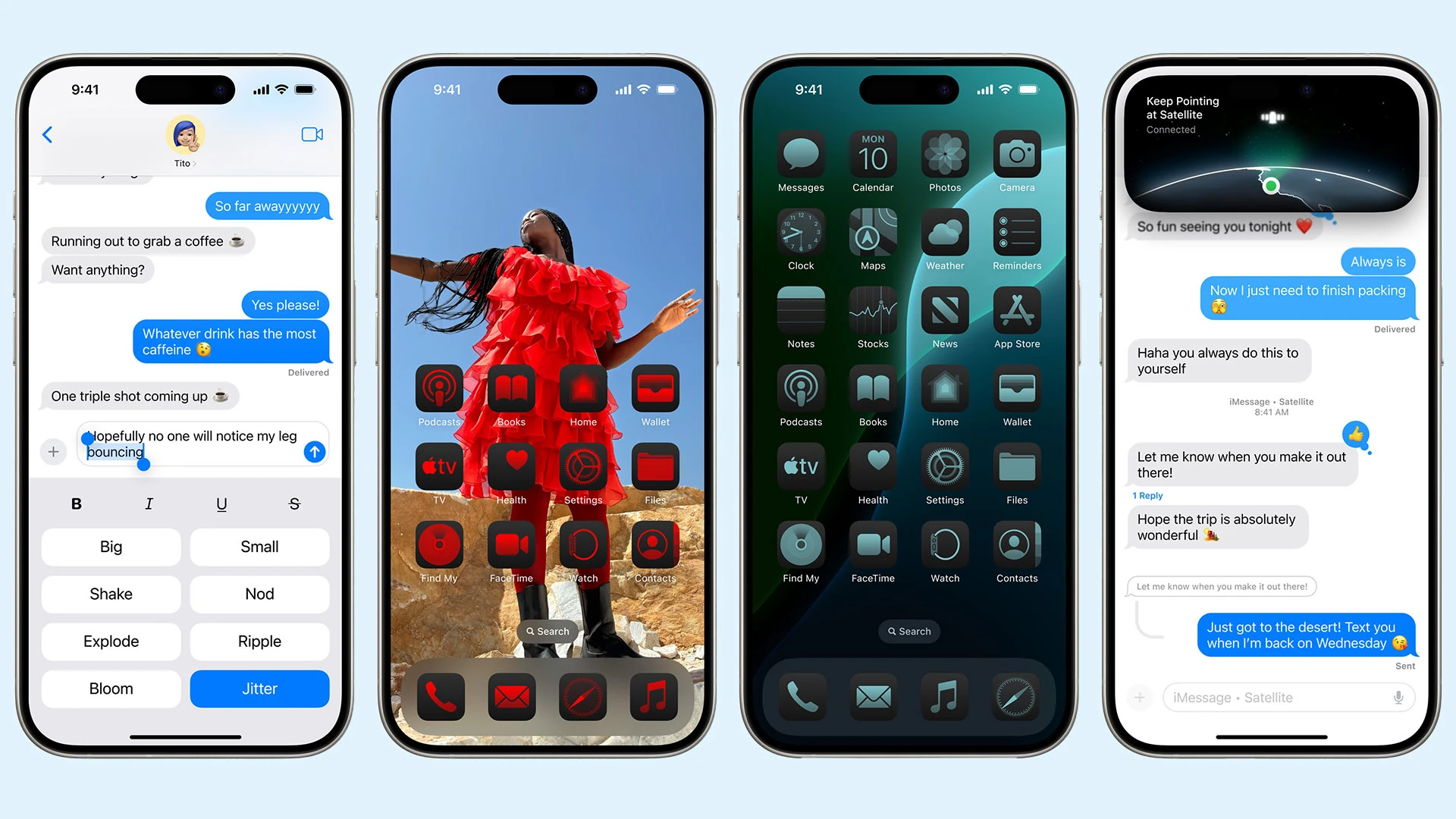Apple Siri delay has become a major topic of conversation as the tech giant postpones the rollout of its long-awaited conversational assistant update. CEO Tim Cook has taken decisive action, appointing Mike Rockwell, who previously directed the development of the Apple Vision Pro, to head Apple’s AI division. This strategic shift comes after reports indicated a lack of confidence in former AI head John Giannandrea’s ability to spearhead essential product developments. As Apple aims to enhance its digital assistant and maintain competitiveness in the rapidly evolving landscape of AI, this leadership change brings both hope and scrutiny. With Siri’s enhanced features heavily advertised, expectations are high and the stakes even higher for the company’s future in artificial intelligence and beyond, making the upcoming Siri assistant updates even more critical to Apple’s reputation in the industry.
The delay surrounding the Siri voice assistant update highlights significant shifts within Apple’s artificial intelligence strategy. As tech enthusiasts and consumers eagerly anticipate advancements in Apple’s AI capabilities, the transition in leadership to Mike Rockwell marks a new chapter. Known for his role in developing the sophisticated Apple Vision Pro, Rockwell now faces the pressing challenge of improving Siri, a project once overseen by John Giannandrea. With Tim Cook underscoring the importance of innovation, this change could re-energize Apple’s efforts to compete in the evolving AI space. As discussions about Apple AI news intensify, the impact of these developments on user experience with Siri remains a central focus.
The Impact of Siri Assistant Update Delays
The delay in the Siri assistant updates has raised eyebrows among Apple enthusiasts and industry analysts alike. In today’s fast-paced technological landscape, consumers anticipate and demand rapid advancements in artificial intelligence capabilities, particularly for virtual assistants. Apple’s hold-up in delivering a more conversational version of Siri not only disrupts user experience but also places the company at a strategic disadvantage against rivals like Google Assistant and Amazon Alexa. The failure to release these anticipated features undermines Apple’s reputation as a leader in innovation and raises questions about their current development processes.
Furthermore, with Tim Cook’s appointment of Mike Rockwell as the new head of AI, it highlights the urgency Apple feels to rectify this situation. By putting Rockwell, who successfully led the Vision Pro project, in charge of Siri’s development, Apple is signaling a commitment to not just catch up but to innovate within the AI space. Tim Cook’s vision for Apple has always centered around quality and service, and the company must ensure that upcoming updates to Siri reflect this ethos. If Apple can harness Rockwell’s leadership, they may still regain their footing in AI, turning this delay into a pivotal learning moment.
Leadership Changes Amid Siri Development Challenges
The transition of leadership in Apple’s AI department reflects the company’s serious approach to overcoming the obstacles faced with Siri’s development. By appointing Mike Rockwell, Apple aims to strengthen its AI capabilities with fresh perspectives and robust leadership. Rockwell’s experience in driving successful products gives Apple hope for a more cohesive integration of AI advancements into its ecosystem. This shift underlines the importance of effective project management in technology, particularly when navigating the complexities of artificial intelligence, where timely delivery is crucial.
Tim Cook’s decision to replace John Giannandrea comes after a period where many have questioned the strategic direction of Apple’s AI initiatives. With Rockwell’s proven track record and his direct reporting line to software chief Craig Federighi, there is potential for revitalized energy and focus in Siri’s development. As the AI landscape evolves rapidly, Apple must prioritize enhancing Siri’s functionalities to remain competitive. The new leadership dynamics might just be the catalyst needed to propel Siri forward and ensure its updates are both innovative and timely.
Navigating the Future: Apple Vision Pro and AI Integration
The Apple Vision Pro not only represents a leap in hardware innovation but also serves as a pivotal point for integrating advanced AI within Apple’s ecosystem. Mike Rockwell’s leadership during its creation underscores the synergy between hardware capabilities and software intelligence. As Apple seeks to enhance the functionalities of Siri, there is a significant opportunity to leverage the learnings and technologies developed during the Vision Pro’s creation, enabling a more seamless integration of AI across Apple’s product lines.
Moreover, the Vision Pro illustrates Apple’s commitment to exploring new frontiers in AI, particularly where augmented reality and virtual reality intersect with daily usability. Rockwell’s transition back into software development for Siri could facilitate a groundbreaking shift, potentially making Siri not only a voice assistant but an intelligent companion that understands user context in augmented environments. The long-term vision must focus on redefining how users interact with technology and ensuring that such innovations align with Apple’s ethos of quality and user-centric design.
Tim Cook’s Direction for AI at Apple
Tim Cook has consistently emphasized the importance of pursuing excellence in Apple’s products, particularly in artificial intelligence. His decision to reassign the leadership of Siri’s development indicates a proactive approach to addressing the challenges faced by the team. By focusing on assembling the right talent, namely Mike Rockwell, Cook aims to revitalize Apple’s AI initiatives. This strategy not only reassures stakeholders but also reinforces Apple’s commitment to regaining its leadership position in the AI arena.
Additionally, Cook’s approach highlights a fundamental aspect of leadership in technology – the willingness to adapt and reassess strategies based on performance. As Apple embarks on this new chapter with its AI division, it remains to be seen how effective these changes will be in not only enhancing Siri but also setting new standards for user interaction. With an evolving marketplace, Cook’s vision may indeed steer Apple back on the right path and foster innovation in areas that resonate with users.
Looking Ahead: The Future of Siri and AI at Apple
The future of Siri and Apple’s AI developments hinges on the ability to pivot successfully in an increasingly competitive landscape. As the company looks toward upcoming product announcements, the focus will likely shift towards delivering functional and meaningful updates that address user demands. With Mike Rockwell at the helm, there is a renewed sense of optimism that Apple can elevate Siri’s capabilities to match the expectations set by recent technological advancements.
In considering the historical context, Apple has always been known for revolutionizing technology rather than merely keeping pace. Thus, Herman’s previous insights on Apple’s stumbles highlight the need for a strategic overhaul in how Siri is developed and marketed. By capitalizing on Rockwell’s extensive experience, Apple may be able to generate a new narrative around Siri’s capabilities and reinforce the AI backbone essential for future innovations across its product ecosystem.
AI Leadership Changes in Apple: A New Era Begins
With the recent changes in leadership at Apple, particularly the appointment of Mike Rockwell as head of AI, the company is marking the beginning of a new era in its approach toward artificial intelligence. This reshuffle signifies not just a response to past setbacks but an opportunity to innovate anew. Rockwell’s experience in delivering sophisticated hardware projects like the Vision Pro places him in a unique position to bridge the gap between AI and user experience, ensuring that Siri evolves in a way that meets consumer expectations.
As technology continues to advance, the role of AI within Apple’s ecosystem becomes increasingly critical. Tim Cook’s strategic decision underscores the importance of having strong leadership that is committed to pushing the boundaries of what is possible with AI. The horizon is filled with potential as Apple seeks to redefine its AI capabilities, and under Rockwell’s guidance, Siri could undergo a transformation that aligns with Apple’s mission to offer exceptional quality and service to its users.
Apple’s AI Strategy: Responding to Market Demands
Apple’s AI strategy is currently under scrutiny as industry experts analyze the company’s response to market demands and consumer expectations. With the growing competition in the AI space, it is crucial for Apple to not only meet but exceed the benchmarks set by competitors. The criticism surrounding Siri’s delayed updates exemplifies a broader need for Apple to realign its focus on artificial intelligence. The departure of John Giannandrea and the subsequent promotion of Mike Rockwell suggest that Apple is keen on leveraging its resources more effectively to enhance product development.
In light of these changes, Rockwell’s role will be instrumental in shaping the future trajectory of Siri and its integration with other Apple services. The focus will need to be on delivering timely updates that resonate with users while also encouraging innovation through collaboration among teams. As the AI landscape evolves, Apple’s initiatives will need to reflect a keen awareness of consumer needs and market trends, ensuring that Siri not only catches up but leads the way in AI-driven technology.
The Road Ahead for AI Innovations at Apple
As Apple navigates the challenges and opportunities facing its AI initiatives, the road ahead is filled with significant possibilities for innovation. Under Rockwell’s leadership, the emphasis will likely shift towards creating a more integrated experience between Siri and other Apple products. By harnessing insights gathered from the development of the Vision Pro, new AI capabilities can be designed to enhance user interaction, making Siri an increasingly valuable tool in Apple’s suite of offerings.
Moreover, with AI technologies evolving rapidly, it is essential for Apple to maintain its competitive edge. Ensuring that Siri can perform tasks more efficiently and intuitively will be key in recapturing the market share lost to competitors. Tim Cook’s acknowledgment of the necessity for a quality-first approach will guide these innovations. By focusing on meaningful advancements and addressing user feedback, Apple has the potential to solidify Siri’s position as a leading voice assistant in a saturated market.
Addressing Users’ Expectations for Siri and AI
User expectations for Siri and Apple’s AI capabilities are at an all-time high, especially as consumers become more accustomed to seamless, intelligent voice interactions. Delays in delivering anticipated updates to Siri have left many users feeling frustrated and questioning the reliability of Apple’s commitment to AI innovation. To regain trust, it is imperative for Apple to not only fulfill these expectations but to exceed them, offering users more than just basic functionalities.
Going forward, Apple must foster an environment that prioritizes user engagement and satisfaction in AI development. By incorporating user feedback into the design process of Siri updates, Apple can tailor improvements that resonate with its audience. This user-centric approach will be crucial in ensuring that Siri evolves into a tool that not only meets but anticipates user needs, ultimately reinforcing Apple’s reputation as a leader in technology and innovation.
Frequently Asked Questions
What caused the delay in the Apple Siri assistant update?
The delay in the Apple Siri assistant update is attributed to internal leadership changes, as reported by Bloomberg. CEO Tim Cook appointed Mike Rockwell, the Vision Pro creator, as the new head of AI, to enhance development efficiency after losing confidence in the previous AI head, John Giannandrea.
How will Mike Rockwell’s appointment affect the Siri assistant update timeline?
With Mike Rockwell’s appointment as head of AI, it is expected that he will bring fresh perspective and urgency to the Siri assistant update timeline, helping to address the delays and push for timely releases, ensuring the updates promised during WWDC 2024 finally launch.
Why is the Apple Siri assistant delay significant for the company?
The Apple Siri assistant delay is significant as it highlights the company’s struggles to innovate and deliver on promises, particularly as Siri was once a pioneer in AI technology. The failure to launch the expected updates reflects poorly on Apple’s capacity to keep up with competitors in AI advancements.
Who is responsible for overseeing AI developments at Apple following the Siri delay?
Following the Siri delay, Mike Rockwell has been appointed to oversee AI developments at Apple, reporting directly to software chief Craig Federighi, taking over from John Giannandrea, who previously led AI initiatives.
What implications does the Siri assistant delay have for Apple’s AI strategy?
The Siri assistant delay suggests a potential shift in Apple’s AI strategy, as Tim Cook’s confidence in leadership has prompted a restructuring. This might lead to a re-evaluation of priorities and how Apple competes with other tech giants in the AI field.
How does the Siri assistant update relate to Apple’s larger AI initiatives?
The Siri assistant update is a critical component of Apple’s larger AI initiatives, which include advancements in machine learning and robotics under the leadership of Mike Rockwell. As expectations rise for Siri’s capabilities, the updates are vital for maintaining Apple’s competitive edge in AI technologies.
What can users expect from future updates to the Siri assistant?
Users can expect more conversational capabilities and advanced features as Mike Rockwell and his team work to deliver the features that were showcased at WWDC 2024. These updates aim to enhance user experience and align Siri with current AI developments.
How does the Apple Siri delay compare to past Apple product failures?
While the Siri delay is not as severe as the Apple Maps fiasco that led to significant leadership changes, it raises concerns about Apple’s current innovation trajectory and its ability to deliver on promised advancements in AI and smart assistant technology.
| Key Point | Details |
|---|---|
| Delay of Siri | Apple has delayed the more conversational version of Siri, which was highly anticipated. |
| New Executive Appointment | Tim Cook appointed Mike Rockwell as head of AI, replacing John Giannandrea. |
| Lack of Confidence in Giannandrea | Tim Cook reportedly lost confidence in Giannandrea’s ability to execute product development. |
| Gurman’s Report | The information comes from Bloomberg’s Mark Gurman, citing inside sources. |
| Giannandrea’s Future | Giannandrea remains with Apple but his future role is uncertain. |
| Issues with Siri Updates | Apple has not delivered promised updates to Siri, causing embarrassment for the company. |
| Comparison to Apple Maps | The situation isn’t as severe as the Apple Maps controversy but indicates a loss of direction. |
| Rockwell’s Background | Mike Rockwell previously oversaw the development of the Vision Pro headset. |
| Future Challenges | Rockwell and his team face significant challenges to catch up with competitors. |
Summary
Apple Siri delay has become a focal point of concern for the company, following the postponement of its more conversational version of the Siri assistant. This delay, combined with executive changes, reflects deeper issues within Apple’s approach to AI development. As Tim Cook reshuffles leadership roles to reinvigorate the project, the spotlight remains on whether Apple can rise to the occasion and regain its innovative edge.



